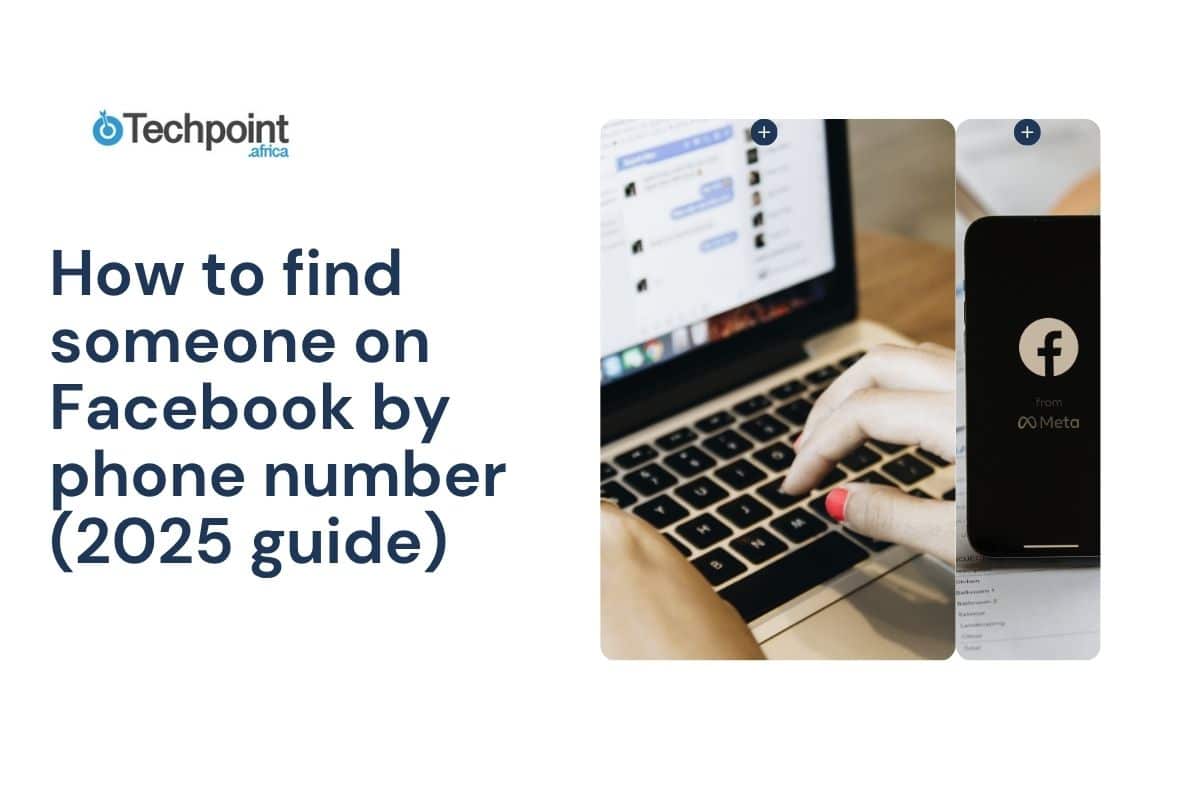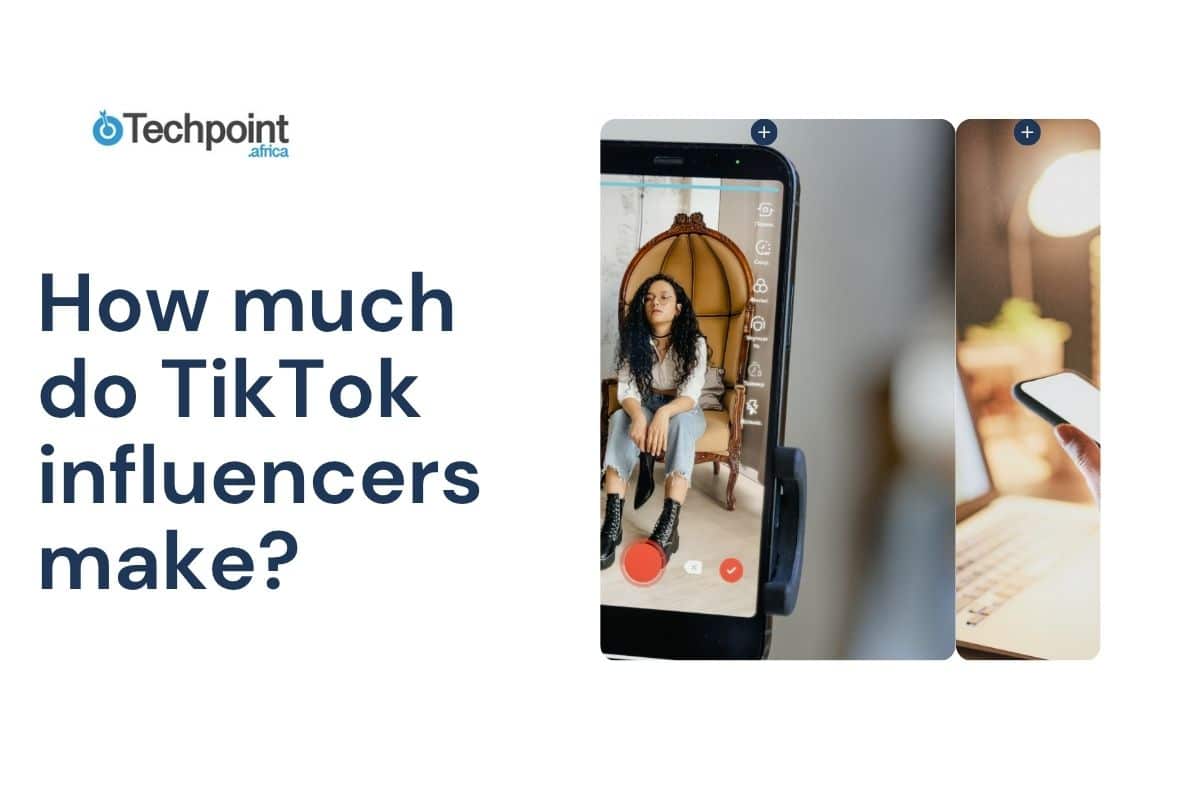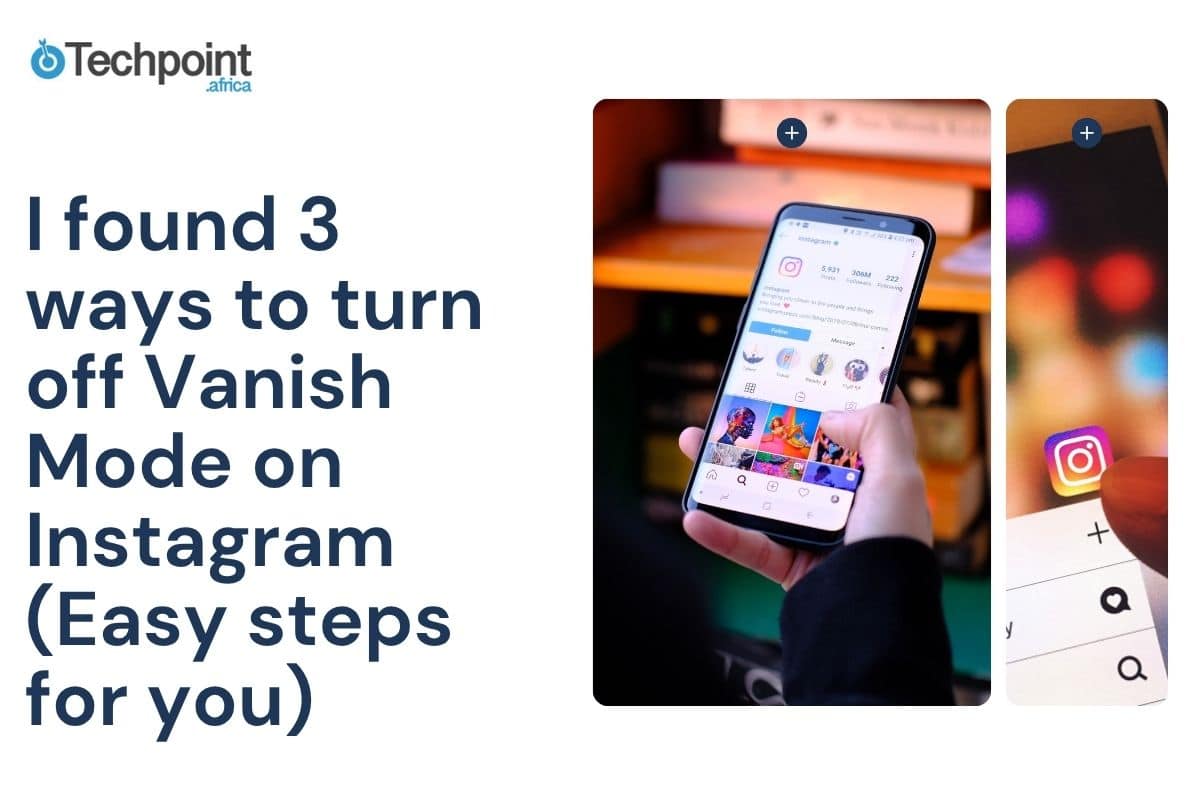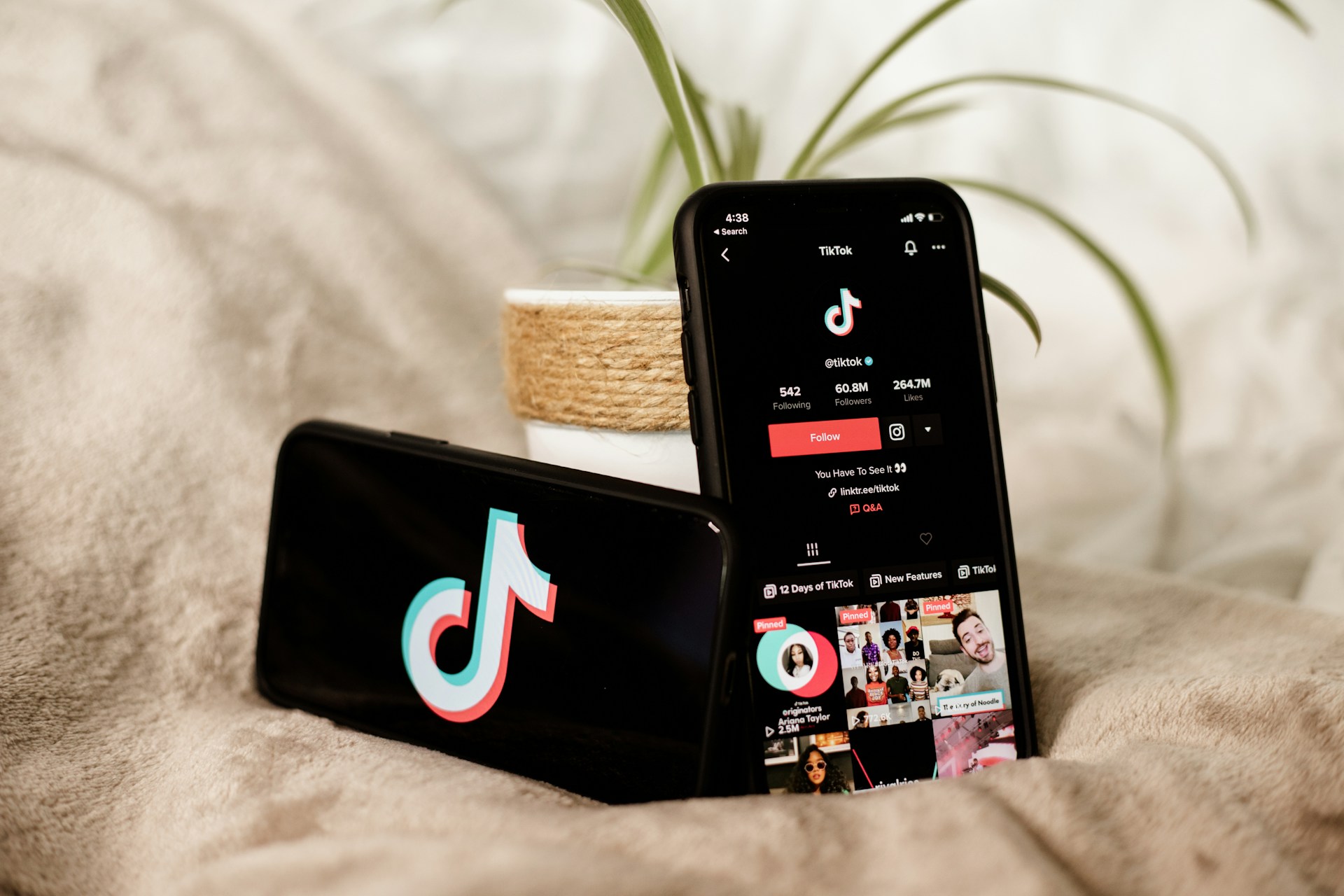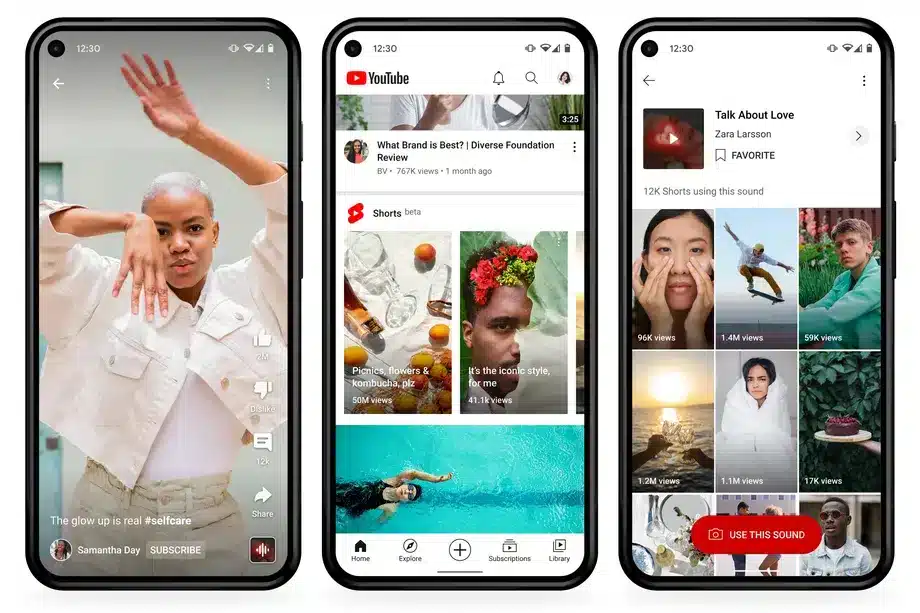Google-owned video-sharing platform, YouTube, released an update to its terms of service in November 2020. While it immediately took effect for users in the US, users outside the US will begin to experience the change from June 1, 2021.
The update revealed that taxes will now be levied on the royalties of content creators resident in the US, who are already entitled to payments on the platform. This will soon take place in other countries as the new terms of service are rolled out.
The platform revisited its data privacy policy and warned strongly that it would not permit the collection of any information, facial recognition data inclusive, that might be used to identify a user without their permission.
YouTube also emphasised its right to monetise all content on the platform as it announced that ads might appear on channels not in the YouTube Partner Program (YPP), and the YouTubers who own these channels will not get a revenue cut.
What this means is that as a content creator on YouTube who isn’t a partner on YPP, ads — which YouTube says you’re not entitled to get payments for — might now appear during your videos.
The YPP was launched in December 2007 as a means of revenue generation for creators, who allow ads to appear on their videos for an amount of money. Members of the YPP have to meet certain criteria, including having up to 1,000 active subscribers and 4,000 valid watch hours in the last 12 months.
And what’re the implications of this?
The new policy puts some creators on the platform at a disadvantage, especially those still looking to grow their channels.
Rejoice Ambrose, a growing YouTuber running a lifestyle channel, thinks this may be detrimental to her growth.
“I do not think it’s fair. I mean, ads can be so annoying; talk less for those of us who are still trying to grow our channel. How are we going to maintain viewers when they have to endure ads appearing on our videos, and we won’t even get paid for them? But then, it’s their platform; I don’t think we can really do anything about it,” she tells Techpoint Africa.
In YouTube’s defence, more ads are a part of the company’s investment in solutions that help advertisers reach a larger audience and scale their businesses.
We previously explored why some Nigerian YouTubers have to look outside the platform to get revenue for reasons like low content engagements because most of their viewers face the issue of low broadband access.
With these new updates, one can only wonder what the fate of budding and professional Africa-based YouTubers will be, as a large chunk of their audience is in demographics with low access to stable Internet.



